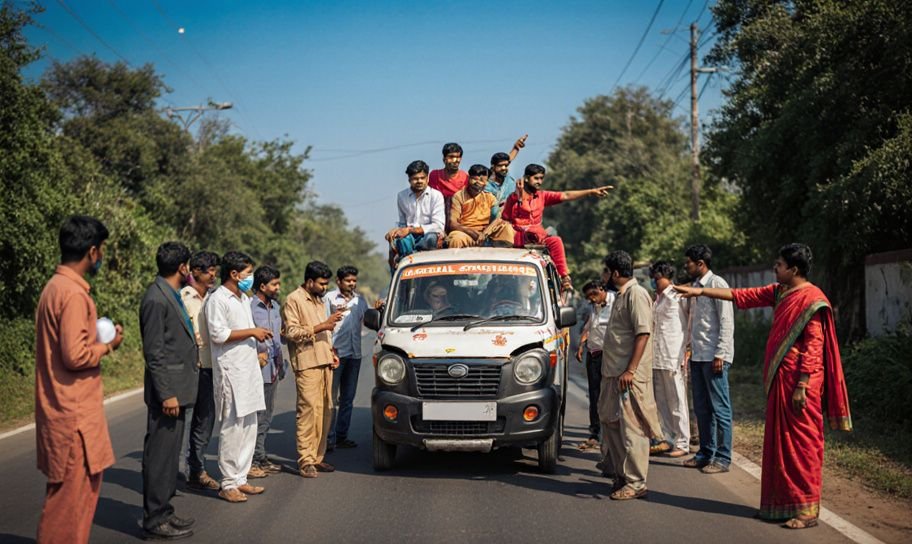
In a recent decision, the Supreme Court of India made a ruling on a case involving Akula Narayana and The Oriental Insurance Company Limited. The court decided that The Oriental Insurance Company Limited must pay the compensation first and then get the money back from the vehicle owner. Let's break down what happened.
On April 29, 2021, a court that deals with motor accident cases decided that both The Oriental Insurance Company Limited and the vehicle owner had to pay money to Akula Narayana, the person who got hurt. The decision was based on the fact that The Oriental Insurance Company Limited had charged extra money to cover the driver, conductor, and cleaner.
However, on June 8, 2022, the High Court of Telangana in Hyderabad changed this decision. They said the insurance policy did not cover passengers other than the driver, conductor, and cleaner. Also, the vehicle was supposed to carry five people but had nine, which broke the rules of the insurance policy.
"The policy would not cover the risk of any other person or passenger," the High Court noted.
Akula Narayana asked the Supreme Court for help because getting the money from the vehicle owner was difficult. Justice Manoj Misra and Justice Ujjal Bhuyan listened to the case. They decided on November 10, 2025, that The Oriental Insurance Company Limited should pay the compensation first. After that, the company could get the money back from the vehicle owner.
The Supreme Court used the "pay and recover" principle. This means even if there is a break in the policy rules, the insurance company must pay the person who got hurt and then get the money back from the owner.
"The insurer shall satisfy the award, though, however, it can recover the amount so paid from the insured," the court ruled.
The Supreme Court's decision is important because it makes sure that people who get hurt in accidents receive their compensation quickly. It also explains how insurance companies can deal with situations where the rules of the policy are not followed. This decision ensures that the responsibility of paying doesn't unfairly fall on the victims.